Play Advocates – Talking about the importance of play! – Series 2
We love talking about play and showing the world how important it is for everyone to allow their children unstructured and free play. Edx Education has been designing and producing innovative educational products and materials for more than 25 years, and are passionate about the ‘learning through play’ movement.
This has long been recognized as a highly successful method of teaching in early years education both in the classroom and at home: it’s fun and engaging, also a tactile and visual form of learning which aids concentration, helps develop fine motor skills and supports early mathematical understanding, such as counting and sorting techniques.
However we have been going behind the scenes and chatting with Play Advocates from around the world to share their research and advice on why Play based Learning is important for children.
So excited to share ‘Learning Through Play Series – 2;
- Amy Cox, playfulfamilies.com (Australia)
- Ashley Peggs IG @parentingwithprinciple (USA)
- Lisa Slade IG @thisfamilylife, (UK)
- Assaba Linda Akwei IG @geostixmom (USA)
Posted by Heather Welch, International Brand Manager, Edx Education
Amy Cox – We hear the term learning through play thrown around all the time, but we as adults seeking to quantify all these things that kids do. But the reality is that kids aren’t biologically wired to play. And through playing, they develop their skills, course, British skills, fine motor skills, social skills. But for kids at the very bottom of it all plays on, builds brains and play his way.
Ashley Peggs – Play-based learning is such an important part of child development, they learn to negotiate the world around them. They develop language skills and creativity. And it is so it’s such a fun and engaging way as well. It makes them excited about learning. It is also important that we use to play in a purposeful way, too, when we have certain skills that we want them to learn, that we purposefully construct their play in a manner that helps them learn those skills while still playing and having a good time.
Lisa Slade – Learning through play is allowing children to learn without even realizing they’re doing so, doing things they really like to help develop important skills like problem-solving, creativity, communication and developing their understanding of the world.
Assaba Linda Akwei – When children are playing, they’re usually interacting with someone and exploring the environment and manipulating an object, and they’re more likely to have to use almost all of these senses, the march’s senses are engaged in an activity added to the element of fun when it comes to play, the more likely you are to retain the information. So what better feed than to incorporate learning to play?
As a mother of two passionate about play, my main focus is making learning fun with a very hands-on approach. I inspire creativity in my children by giving them the opportunity to explore and also discover independently. We love open-ended resources which encourage imagination, arts and crafts, enjoying books together and lots of time outdoors, which aids the social interaction and confidence, hopefully helping them to identify and practice the skill sets they need to learn and grow.

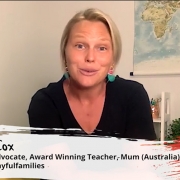 Edx Education
Edx Education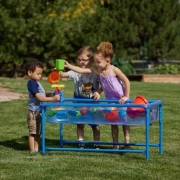
 Edx Education
Edx Education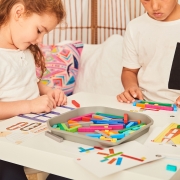
 Edx Education
Edx Education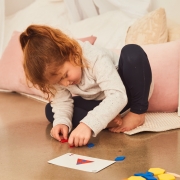
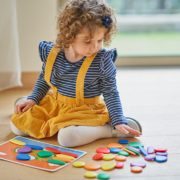 Edx Education
Edx Education
 edx education
edx education